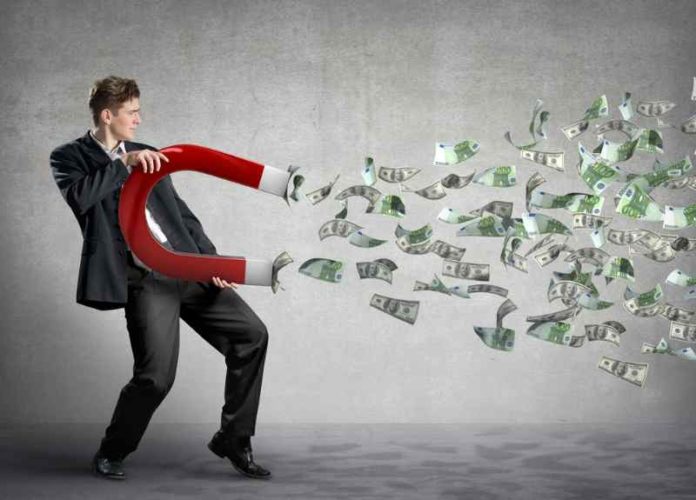By Justin Goodbread, CEO of FinanciallySimple.com
If you’re like most business owners, you pour up to 80 hours a week into your business, hoping to for an eventual return on your investment. Sure, it’s hard, but you are confident that your hard work will eventually pay off.
But will it?
Is Your Business a Worthwhile Investment?
Of course, if you take home an owner’s draw or a salary, you’re making money. However, that’s not a return on your investment; that’s your due for the time you put into your business. The only real way to receive a return on this investment you call a small business is to eventually sell it at some point in the future.
However, according to data from the Exit Planning Institute, 80% of companies below $50 million in revenue never sell. That’s a startling and scary statistic, especially if it was your plan to sell your business and use that money as your nest egg for retirement. What’s the point of owning a business if you can’t make money on it?
But there is hope. If you make plans to sell your business now (long before you need to sell your business), you can build your business in ways that will increase its sellable value. Yet, to build value, you must know what parts of your business are valuable.
Your capital makes your business attractive to buyers, but capital is not just “cash.” Capital is “wealth in the form of money or assets, taken as a sign of the financial strength of an…organization…and assumed to be available for development or investment.” In other words, capital is the various forms of “wealth” or assets within your company.
3 Types of Capital Make Your Business Valuable
As I see it, there are three basic forms of capital, or wealth, within your business that help determine its value – your cash flow, your tangible assets, and your intangible assets. The value of your business and the value of your assets are inextricably linked together, so you must understand what your capital assets are to be able to calculate your business’s value.
- Cash Flow
Before buyers look at anything else in your business, they want to see the amount of money your business makes. What are your yearly gross sales? How much revenue is left after you subtract your business’s expenses from its gross sales? Sure, your business may “make” tons of money, but did you spend more than you made? Were your expenses necessary or frivolous? Are you able to pay yourself, or are you still putting money into the business each month to make ends meet?
- Tangible Assets
Buyers will also look at your assets to help determine how valuable your company is. Your tangible assets are the items your business owns that you can physically remove from your building or on which you can put a price. These things include cash on hand, accounts receivable, furniture, fixtures, equipment, inventory, automobiles, technological devices, and real estate owned. Your tangible assets can be quantified and compared to other businesses within your industry, and they can be sold for cash within your marketplace.
- Intangible Assets
More difficult to price, yet arguably more valuable to a buyer than your tangible assets, are your intangible assets. A business’s intangible assets come in the form of employees, customers, performance, systems, competitive advantage, culture, brand recognition, reputation, intellectual property, and independence from the owner. They also come in the form of your business’s profitability, scalability, sustainability, and transferability.
Unlike your cash flow or your tangible assets, your intangible assets are not easy to quantify. However, as I mentioned above, the intangibles often make your business more valuable than tangible assets.
Conclusion
Ultimately, you must work to increase all three forms of capital. To determine the overall value of your small business, a Certified Valuation Analyst will evaluate the strengths and weaknesses of your cash flow, your tangible assets, and your intangible assets, so don’t sink your time into improving one area and not the others. Hire professionals to help you increase your capital and mitigate your risks. Only then will the overall long-term value of your business increase.
Justin A. Goodbread, CFP®, CEPA®, CVGA®, owner of FinanciallySimple.com, is a nationally recognized financial planner, financial educator, wealth manager, author, speaker, and entrepreneur. He has 20+ years of experience starting, buying, owning, and selling businesses. Justin is the winner of the Investopedia Top 100 Advisor award and Exit Planning Institute’s Exit Planner Leader of the Year. Learn more about Justin’s new book “The Ultimate Sale: A Financially Simple Guide to Selling a Business for Maximum Profit” covering business value growth. Twitter: @justingoodbread
Capital stock photo by TijanaM/Shutterstock







